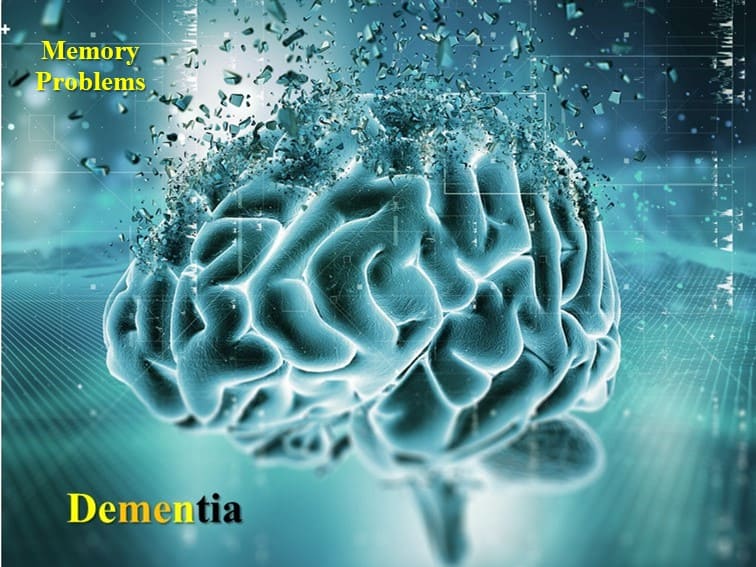What is Dementia?
It is a phrase that refers to a set of symptoms that impact your memory, reasoning, and social abilities to the point where they interfere with your regular activities. Dementia isn’t caused by a single condition, but it can be caused by a number of factors.
Memory loss is a common symptom of dementia, but it can be caused by a variety of factors. Memory loss isn’t always a marker of this condition; however, it is generally one of the first symptoms. Moreover, Alzheimer’s disease is the most prevalent cause of progressive dementia in older people, but it can also be caused by a variety of other conditions. Some dementia symptoms may be reversible, depending on the reason.
Warning signs and symptoms
You don’t have dementia just because you have memory problems. To be diagnosed with this condition, you must have at least two types of disabilities that severely interfere with your daily life. A person with dementia may have difficulties in the following areas, in addition to memory problems: Communication skills, as well as reasoning and problem-solving capacities.
Symptoms of dementia vary depending on the etiology; however, some frequent symptoms may include:
Cognitive changes
- Somebody else normally notices your Memory Loss.
- Finding it difficult to communicate or find the right words
- Visual and spatial difficulties, such as getting lost while driving, are common.
- Logic or problem-solving difficulties
- Complicated tasks are difficult to handle.
- Planning and arranging are difficult.
- Problems with synchronization and motor functions
- Perplexity and disorientation
Psychological changes
Personality changes
- Sadness
- Stress
- Depression
- Inappropriate conduct
- Anxiety
- Insanity
- Hallucinations
- Agitation
Causes
In general, dementia is associated with damage to your brain’s nerve cells or loss of nerve cells or connections between them.
What is Dementia? It is not a single disease. Furthermore, it’s basically a catch-all term for a variety of cognitive diseases. As per the Alzheimer’s Association, Alzheimer’s disease comprises 60 to 80 % of all cases of this condition.
Nerve cell injury in the brain can be caused by a variety of factors, including but not restricted to:
- Vitamin deficiencies
- Gathering of specific types of proteins in the brain
- Loss of blood flow to the brain
- Injuries to the head
- A side effect of certain drugs
Risk factors
- Age – As you become older, your risk increases, especially beyond the age of 65. Dementia, on the other hand, is not a normal aspect of ageing, and it can strike anyone at any age.
- History of the family – You are more likely to develop this condition if you have a family history of the disease. Many individuals with a family history never develop symptoms, whereas others with no family history do. There are tests available to see if you have specific genetic mutations.
- Down syndrome – Many persons with Down syndrome acquire early-onset Alzheimer’s disease by middle age.
- Sleep disruptions – People with sleep apnea and other sleep problems may be more susceptible to dementia.
- Deficiencies in vitamins and nutrients – Vitamin D deficiency, vitamin B-6 deficiency, vitamin B-12 deficiency, and folate deficiency can all raise your risk of dementia.
- The risk factors for cardiovascular disease – Hypertension, high cholesterol, fat accumulation in arterial walls (atherosclerosis), and overweight are all the risk factors for dementia.
- Diabetes – If it is left uncontrolled, it can raise your risk of dementia.
- Smoking has been linked to an increased risk of dementia and blood vessel disease.
Bottom Line
What is Dementia? It is a broad term that encompasses a variety of conditions. In general, It refers to a variety of disorders that affect the brain. Several conditions may lead to cognitive decline, which impairs a person’s memory, communication skills, thought patterns, and personality. Don’t overlook if you or your loved one is having difficulty with some cognitive performance. Make an appointment with your doctor and request a consultation. While some varieties of dementia have no cure, medical specialists can explore methods to control the disease’s development.


